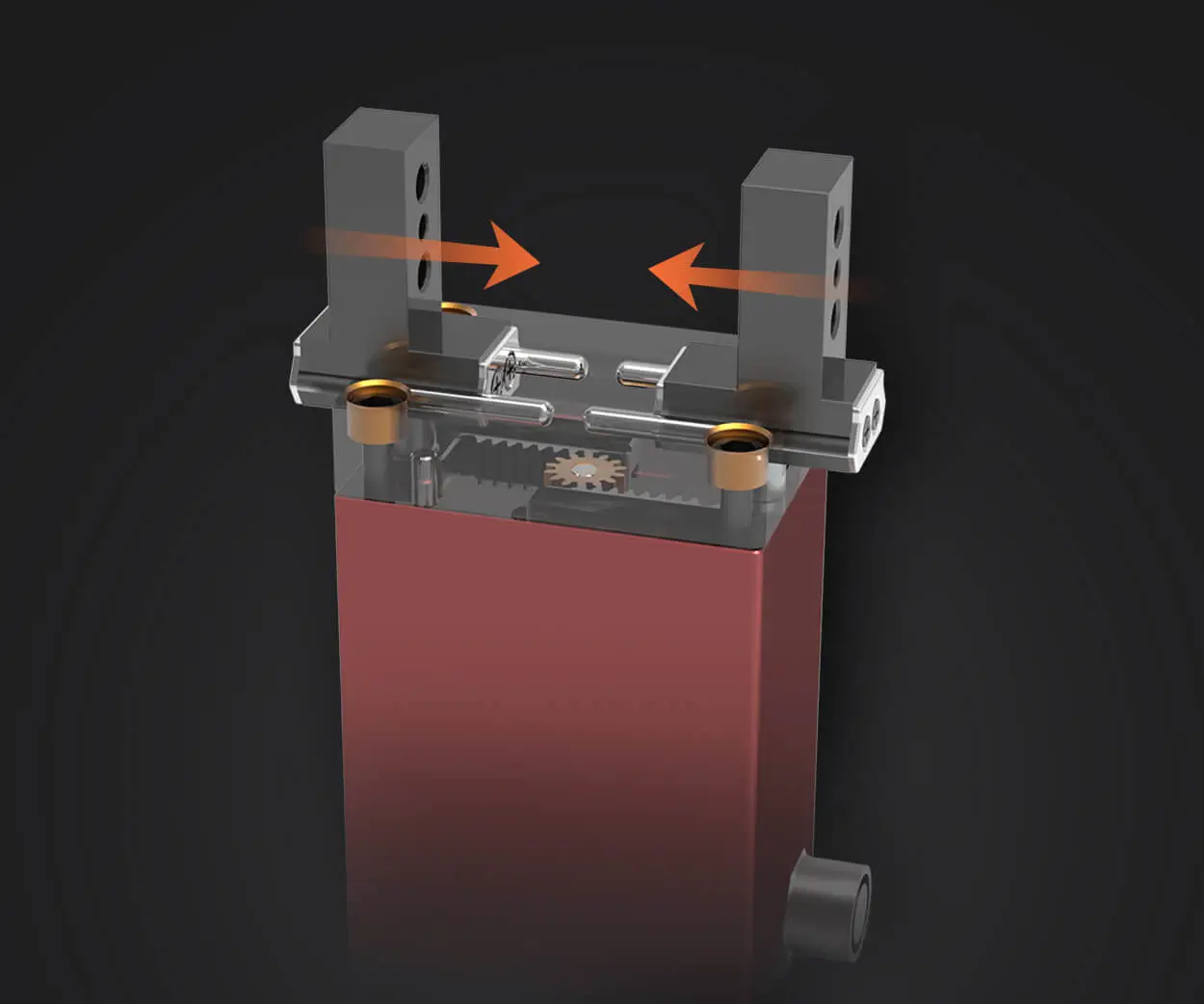When it comes to understanding the mechanics behind servo motors, there's a lot to be curious about. These powerful little components are everywhere, making our modern world run more smoothly than we realize. From precision tasks like camera stabilization to intricate manufacturing processes, servo motors play a pivotal role. But what exactly makes them tick?

A servo motor is essentially a motor that provides precise control of angular position, velocity, and acceleration. Unlike regular motors that simply spin continuously, servo motors are designed to rotate to a specific position and then stop. It’s this accuracy that makes them essential in applications where precision matters, like robotics, CNC machines, or even remote-controlled cars.
So how do they work? Well, at the heart of a servo motor is a feedback system. This system constantly checks the motor’s position and compares it to where it’s supposed to be. If there’s a mismatch, it adjusts the motor’s movement to correct it. This ensures the motor always reaches the exact spot it’s meant to, making servo motors ideal for tasks requiring high precision.
Let’s talk about how they actually help in real-life situations. Imagine you’re designing a drone. You need the propellers to move in very specific ways to control the altitude and direction. A servo motor is perfect for this because it can be programmed to adjust the propellers’ angles to the exact degree needed, making sure the drone performs smoothly without veering off course.
Another common example is in 3D printers. When the printer head needs to move back and forth, it must follow a very precise path. Without a servo motor, the printer head would be inaccurate, and the print would be a mess. With a servo motor, it moves with pinpoint accuracy, creating the perfect layers needed for a quality print.
There are different types of servo motors as well. The most common ones are standard, industrial, and digital. Each one has its unique features depending on the level of precision and torque required. For instance, digital servo motors often provide more precise control and faster response times compared to standard ones. If you're looking for something that’s incredibly fast and accurate, digital servo motors will get the job done.
Now, you might be wondering, why not just use a regular motor? Well, here's the thing: regular motors are like the simple version of what a servo motor offers. They turn on and off, but they don’t have the intelligence to know exactly where they are or how far they’ve moved. Servo motors, on the other hand, have built-in feedback systems that ensure precise movement.
One thing to note, though, is that servo motors can get a little pricier than regular motors. But if your project requires accuracy and reliability, the investment is absolutely worth it. The ability to control movement with precision is a game-changer in many industries, and that's why servo motors are widely used in automation, robotics, and even in everyday devices.
In the end, whether you’re building a robot, creating an intricate model, or improving machinery, servo motors are a key ingredient in achieving perfect performance. Their precision, speed, and reliability are what make them indispensable in a world that demands ever-increasing accuracy. So, next time you see a robot in action or your favorite gadget doing its thing, chances are, there’s a servo motor making it all possible.
Established in 2005, Kpower has been dedicated to a professional compact motion unit manufacturer, headquartered in Dongguan, Guangdong Province, China. Leveraging innovations in modular drive technology, Kpower integrates high-performance motors, precision reducers, and multi-protocol control systems to provide efficient and customized smart drive system solutions. Kpower has delivered professional drive system solutions to over 500 enterprise clients globally with products covering various fields such as Smart Home Systems, Automatic Electronics, Robotics, Precision Agriculture, Drones, and Industrial Automation.




































